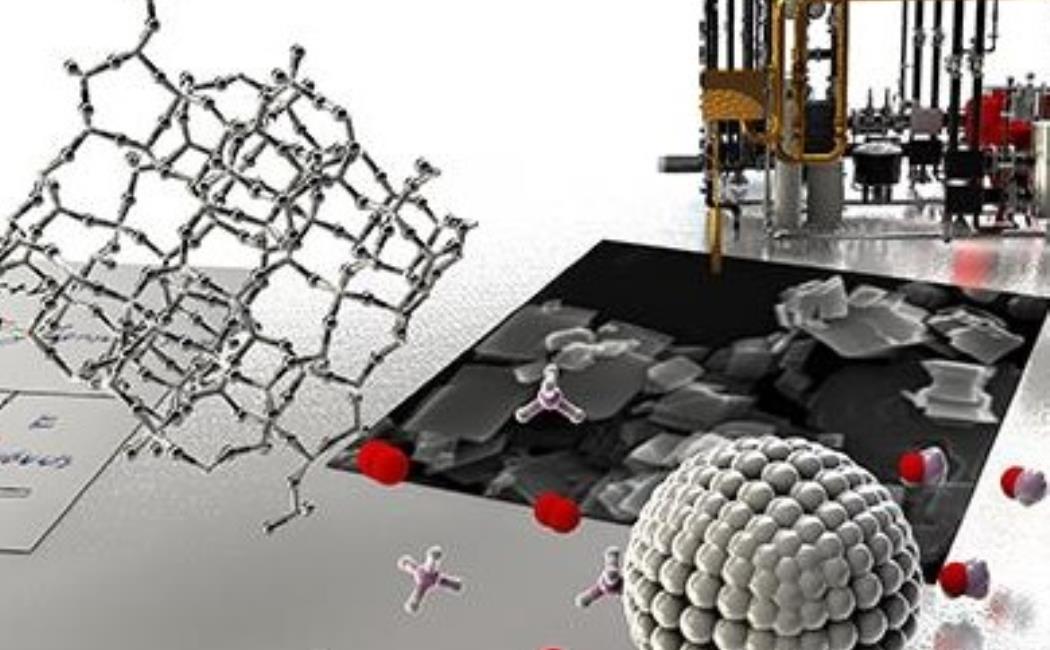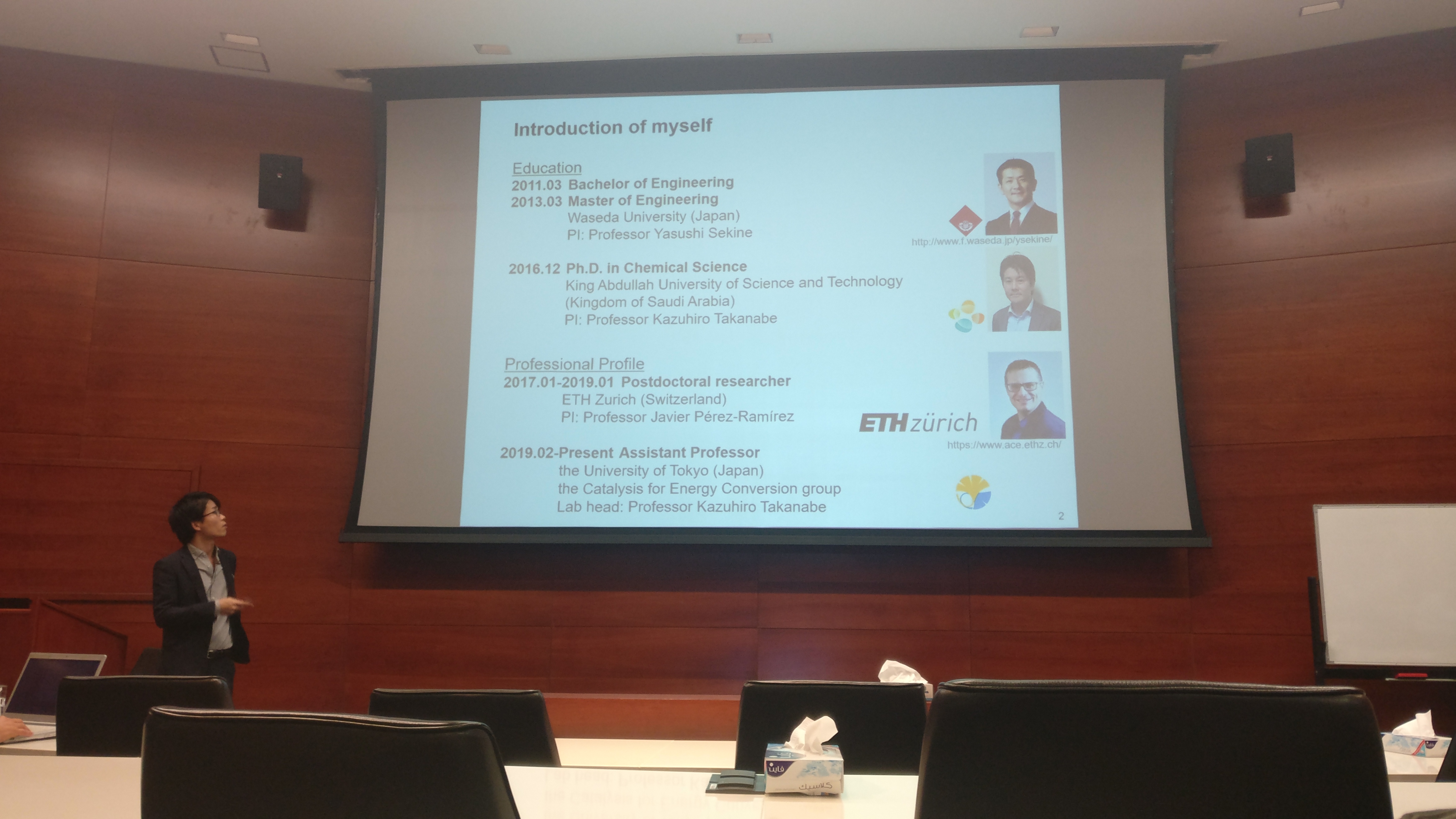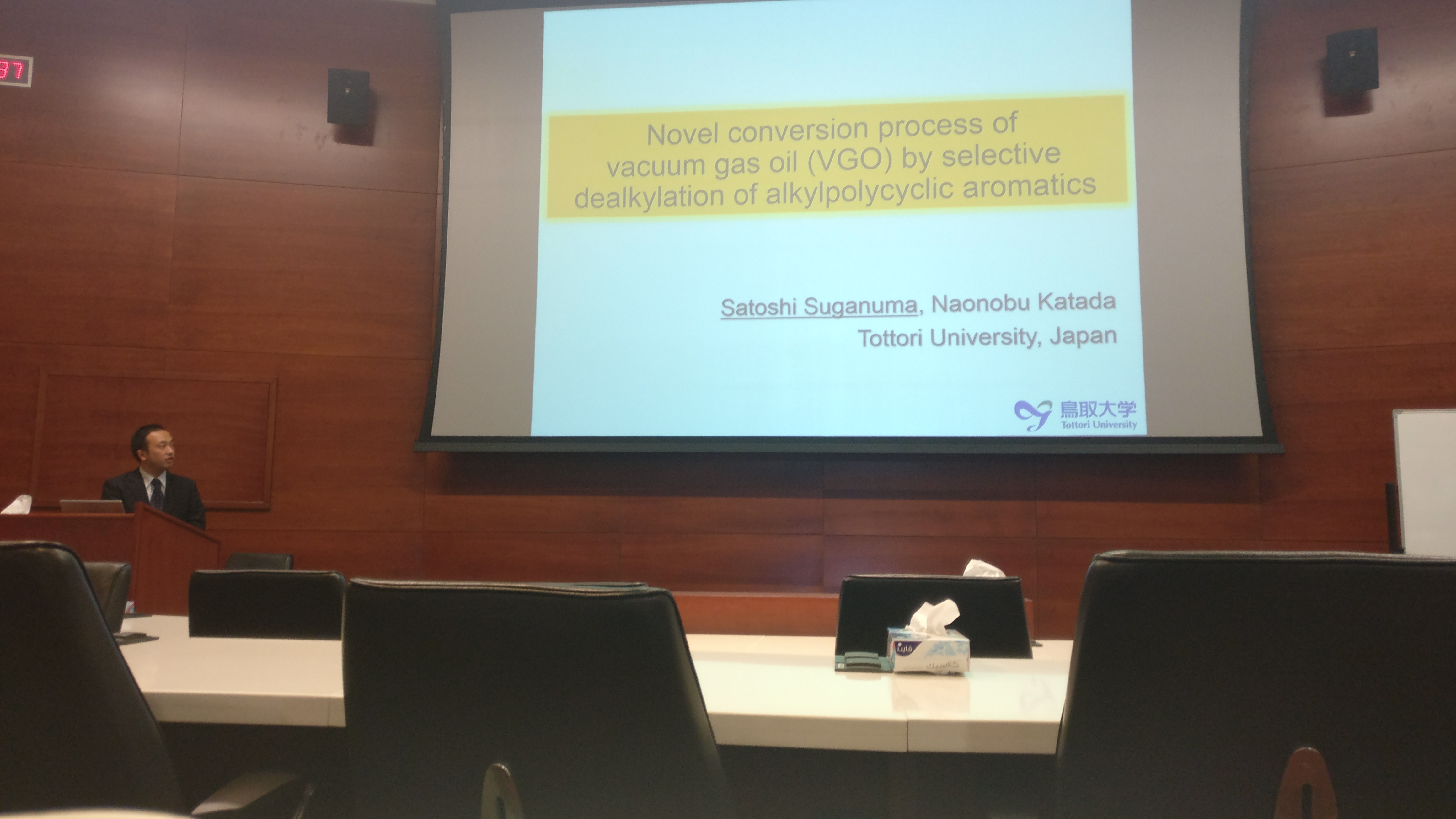
07 November, 2019
Dr. Eiji Tanaka
The Japan Petroleum Institute (JPI)
Abstract: The Japan Petroleum Institute (abbreviated JPI) was established in May 1958 as a corporate juridical person to strive for actions listed below under the auspices of the Ministry of Economy, Trade and Industry (formerly Ministry of International Trade and Industry).
1. To promote science and technology related to petroleum exploration and development, production, refining, including petrochemicals and other related areas.
2. To provide scientists, engineers and associates engaged in industrial, governmental and academic activities, in the above-mentioned areas, with opportunities for exchange of knowledge as well as mutual understanding among the personnel concerned.
3. To maintain close relations with other related institutes, associations and organizations in the fields such as natural resources, energy and environmental protection to promote technical activities for mutual benefits.
4. To exchange information with overseas institutes, associations having objectives similar to those of JPI and to carry out specific business including the preparation of scientific and technical programs for international conferences, etc.

BRIDGING CONVENTIONAL AND SUSTAINABLE ENERGY CONVERSIONS
Professor Tatsuya Shinagawa
Department of Chemical Systems Engineering, School of Engineering, The University of Tokyo, Japan
Abstract:
Converting the thermodynamically stable materials (e.g., water and carbon dioxide) and natural gas into value-added compounds is considered the key technology for the production of chemical commodity in the future, which potentially achieves the sustainability in our society. Collective efforts are given at the CatEC lab, led by Professor Kazuhiro Takanabe, to address both conventional fossil fuel chemistries and future renewable solar fuel researches. In this presentation, I will give an overview of the projects that have been ongoing at the CatEC lab, including the water splitting, CO2 valorization, and methane conversion. A special emphasis will be placed on the water splitting by means of electrocatalysis and photocatalysis for the solar fuel production.

NOVEL CONVERSION PROCESS OF VACUUM GAS OIL BY SELECTIVE DEALKYLATION OF ALKYLPOLYCYCLIC AROMATICS
Dr. Satoshi Suganuma
Center for Research on Green Sustainable Chemistry, Tottori University, Japan
Abstract:
We recently found that dealkylation of alkyl polycyclic aromatics in vacuum gas oil (VGO) was catalyzed by a silica monolayer solid acid catalyst, prepared by chemical vapor deposition of tetramethoxysilane on alumina, and produced alkanes with keeping chain length and polycyclic aromatics without side chains. The alkanes can be utilized as diesel fuel. The polycyclic aromatics can be converted into benzene derivatives, available to chemical intermediates and gasoline. Therefore, this reaction is promising for effective use of a heavy oil such as VGO. Based on a preliminary study using model compounds, we compared the catalytic performances on various aluminosilicate solid acid catalysts using a practical VGO whose basic component had been removed by contact with an acidic ion exchange resin. The silica monolayer catalyst exhibited high dealkylation activity and long chain alkane selectivity because it has large pore and weak acid strength. Amorphous silica-alumina and zeolites (USY and ZSM-5) exhibited low dealkylation activity and long chain alkane selectivity because it has relatively small pores and strong acid strength.
References:
1. K. Kinugasa et al., J. JPN. Pet. Inst., 2018, 61, (5), 294-301
2. M. Niwa, et al., Characterization and Design of Zeolite Catalysis, Springer, 2010.
Sandra Ramirez Cherbuy